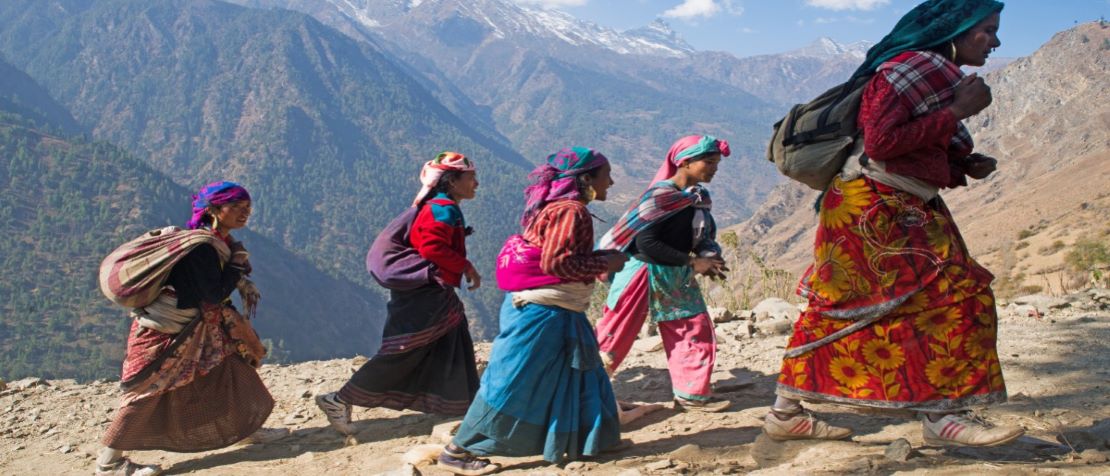FAO’s work with transformative GCF projects
FAO supports countries’ efforts to raise their climate ambition by catalysing investments in country-driven, climate change mitigation and adaptation action. As an Accredited Entity (AE) with the Green Climate Fund (GCF) – the world’s largest dedicated fund for climate action – FAO works alongside National Designated Authorities (NDAs) and project partners to develop funding proposals that help countries implement the mitigation and adaptation actions laid out in their Nationally Determined Contributions (NDCs).
Since partnering with GCF in 2016, FAO has raised over USD 1 billion – in GCF grants and through co-financing – for transformative projects in 20 countries across 5 regions. Around two-thirds of these projects include adaptation action as either the main focus of project activities or in conjunction with mitigation action, thus paving the way for sustainable, low-emission development that builds the resilience of vulnerable communities and ecosystems. At the same time, projects generate the critical socio-economic benefits needed to drive a green recovery.
FAO stands ready to assist countries as they strive to meet the Paris Agreement target of keeping the global temperature rise well below 2° Celsius.
FAO-led GCF projects
How FAO helps countries develop funding proposals
Developing funding proposals for Green Climate Fund (GCF) projects requires considerable investments, both in terms of time and resources. As a specialized agency of the United Nations and GCF Accredited Entity, FAO has the expertise and know-how to guide countries through the entire funding proposal process.
FAO supports National Designated Authorities (NDAs) or focal points during the development of funding proposals, providing guidance according to countries’ climate finance needs. Before a funding proposal is submitted to the GCF Board – which is held on a quarterly basis – FAO works closely with the NDA to ensure that the concept note meets GCF requirements, in particular by providing a sound climate rationale, theory of change and exit strategy. Once the funding proposal is completed, FAO submits the full package to the GCF Secretariat for their review.
The GCF Secretariat then assesses the project proposal to determine whether it matches and complies with its investment criteria and policies.
Following the GCF Secretariat’s assessment, the project proposal and supporting documents are submitted to the Independent Technical Advisory Panel (ITAP) – an independent technical advisory body – which assesses the funding proposal against six GCF investment criteria and may add conditions and recommendations to the proposal. FAO’s technical teams are available throughout the assessment process to swiftly and expertly address questions raised by the GCF Secretariat and ITAP.
Finally, the GCF Secretariat submits the funding proposal package – including the Secretariat’s and ITAP’s assessments – to the GCF Board for their consideration. Once the project proposal is approved, FAO and the GCF Secretariat sign the Funded Activity Agreement, thus laying the groundwork for the implementation phase of the project.

Map of FAO-GCF funding proposals and multicountry projects
FAO works with countries to design and implement high-impact GCF projects that build climate resilience and reduce greenhouse gas emissions.



